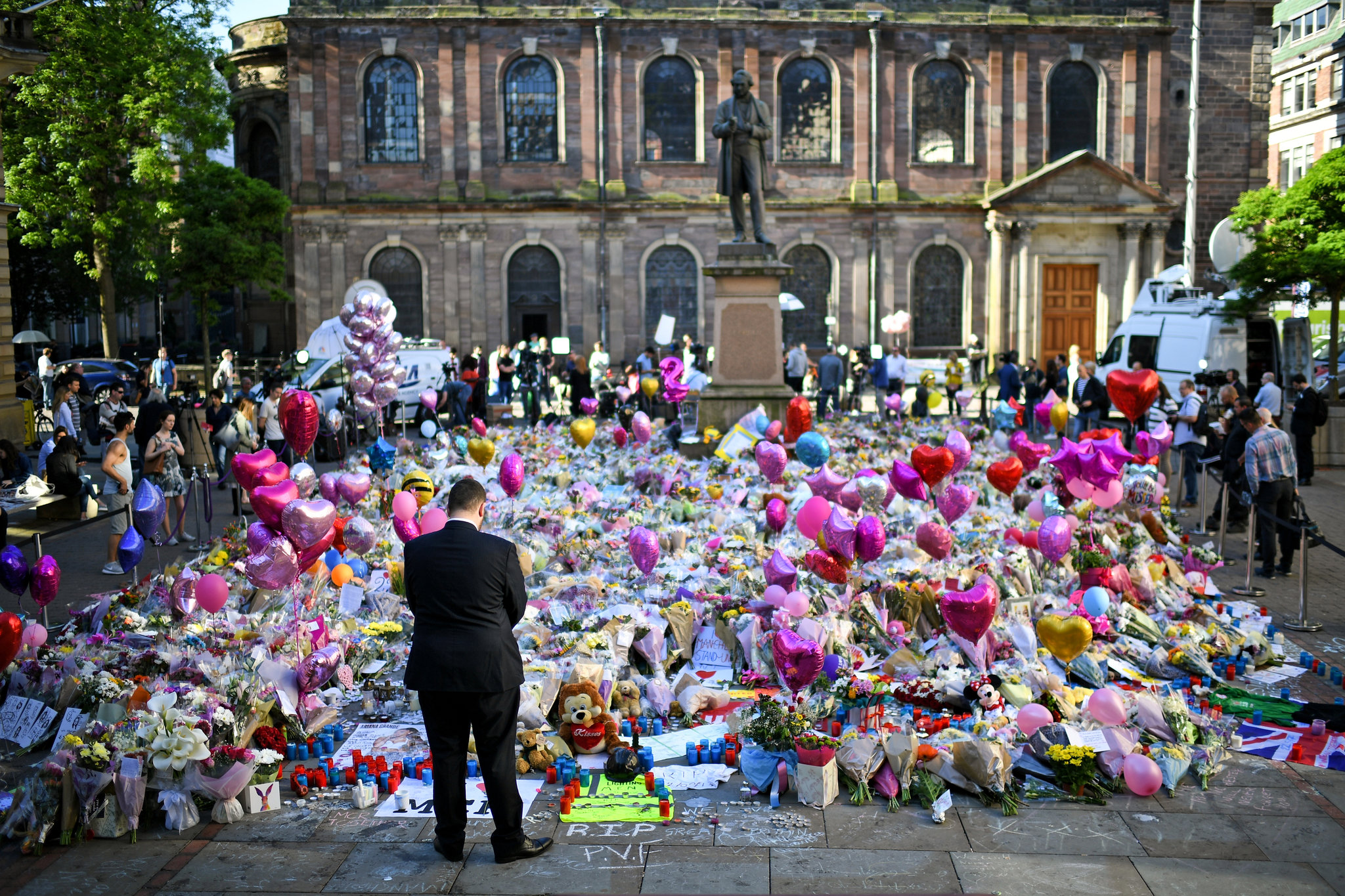The Manchester attack on Monday, which killed 22 people and injured many more, has once again reignited the binary reaction to terrorist atrocities that is intensely problematic when assessing such events. Across the political spectrum, on the right and left, there is a tendency to assign sole responsibility on one of many causes for the type of Jihadist terrorism that pervades Western society. Whilst many on the right try and divert debate towards immigration and refugees, it is equally true that vast sections of the Left shift attention onto Western foreign policy, as this article focuses on.
It is clear that both approaches are flawed in their outlook; they ignore the cacophony of factors that motivate terrorist attacks, from ideology, religious fundamentalism and geopolitics to societal issues and problems with integration. As such, a more nuanced approach to these kind of issues is necessary in political discourse.
Jeremy Corbyn asserted today there are “connections between wars our government has fought in other countries and terrorism” at home and, undoubtedly, Western foreign policy has served as a recruiting tool for terrorist groups such as ISIS. But it cannot be reduced to foreign policy decisions alone as many on the left seek to do. This narrows the conversation about what causes people to inflict inconceivable damage to innocent children, as was the case in the Manchester Arena on Monday evening. The concept of a geopolitical blowback misinterprets the mindset of terrorist groups and perpetrators, as it suggests that these kind of attacks would have been avoided had the West not intervened in conflicts. This ignores the various countries and ethnic groups who have suffered recent terrorist attacks unprovoked, from Yazidis in Iraq to Sweden earlier this year. It suggests that the principal motivation for terrorist groups is Western aggression, yet the main victims of groups such as ISIS are Muslims; as ISIS indiscriminately kills non-Sunnis in order to achieve its Caliphate under its interpretation of Islam. The foreign policy of these victims is obviously not an issue, and challenges sentiment that the rise of Jihadism is entirely of the West’s creation.
Furthermore, in terms of Salman Abedi, the perpetrator of the Manchester attack, many have pointed towards Western involvement in the toppling of Colonel Gaddafi in Libya as a factor in his decision to bomb the Manchester Arena. This once again attempts to paint a terrorist attack committed against the West as motivated by geopolitical anguish. Yet the conditions for extremism to take hold in Libya were evident with or without NATO bombing, as a chaotic civil war fought between Gaddafi’s regime and rebel forces appeared to lead to favourable conditions for Jihadism to gain traction. Indeed, Western inaction in the Libyan civil war would have likely precipitated even more anti-West sentiment by allowing a brutal dictator to repress his own people. As the case of Syria and Assad shows, with ISIS gaining support out of Western failure to stop Assad’s onslaught.
As a result, a nuanced approach to terrorism is needed in mainstream political discourse and Corbyn’s speech corroborates this sentiment. He addressed the many causes of terrorism and acknowledged both the notion of Western intervention and disdain for liberal values in motivating terrorist atrocities. Blanketly dismissing terrorism as solely focused on religion and immigration, or foreign policy and geopolitics causes problems as it bolsters religious division and hatred on the right, and encourages a non-interventionist and isolationist foreign policy direction on the left. Therefore, as Corbyn stated, an “informed analysis of the causes of terrorism” is necessary to formulate the effective response needed to protect British security and tackle terrorism more productively.
Cian Fox
(Image courtesy of The New York Times)

